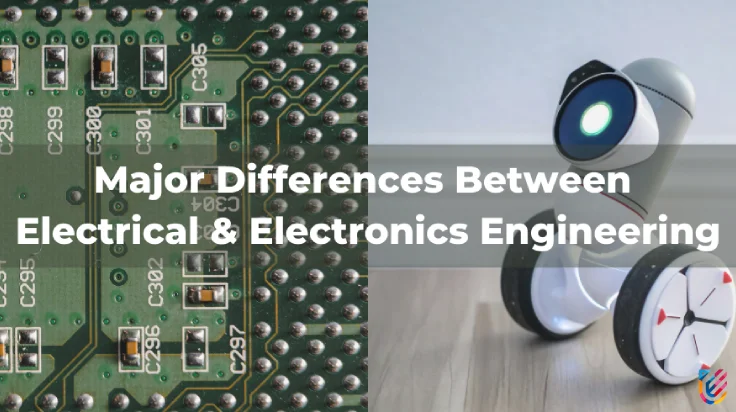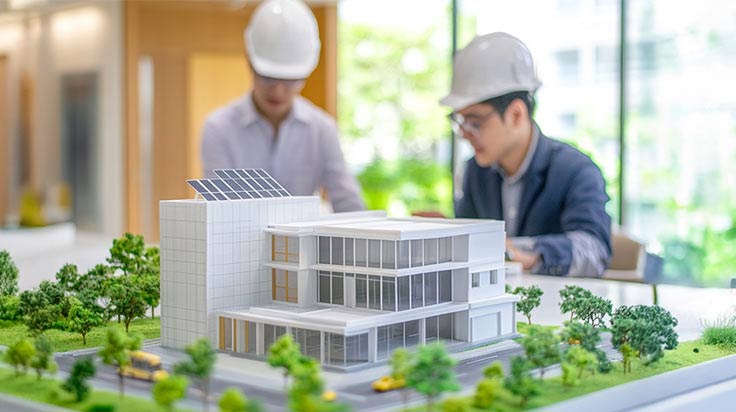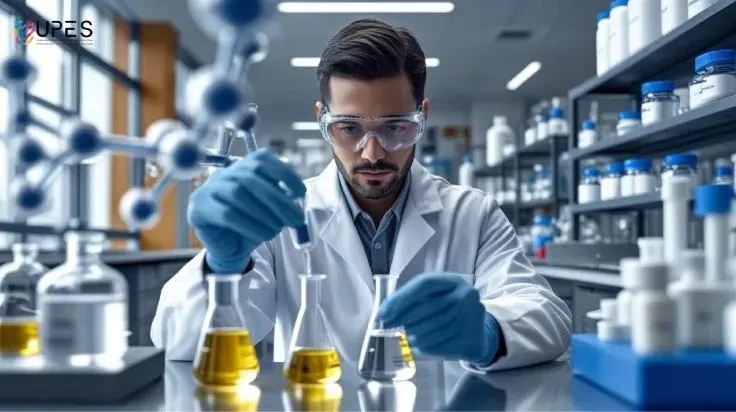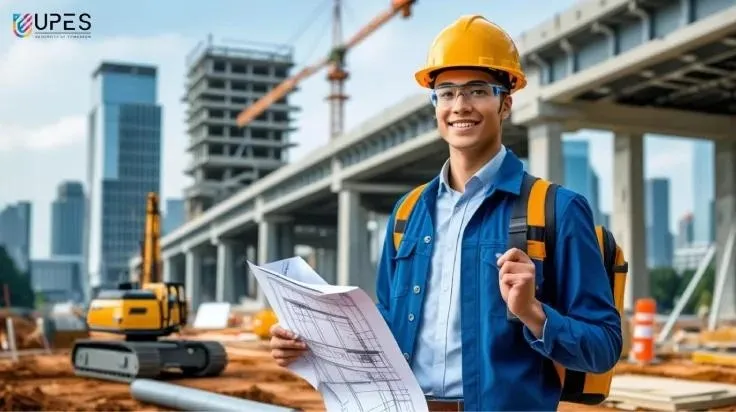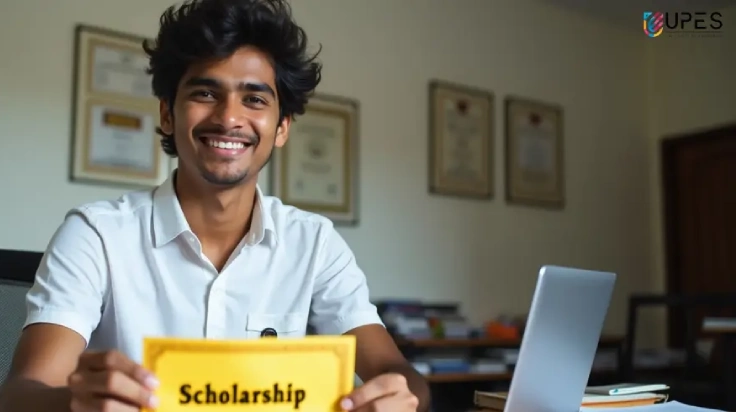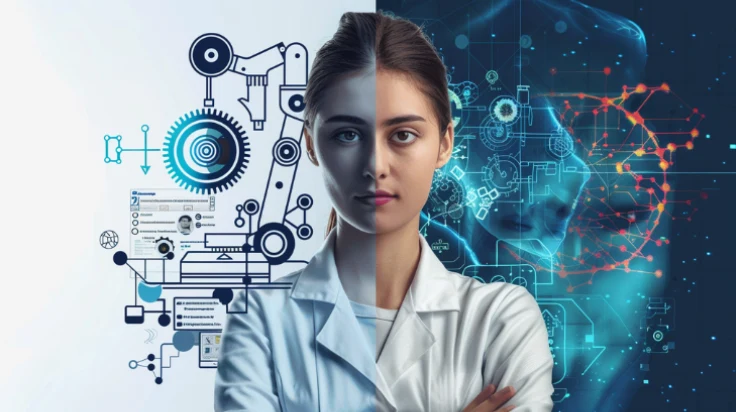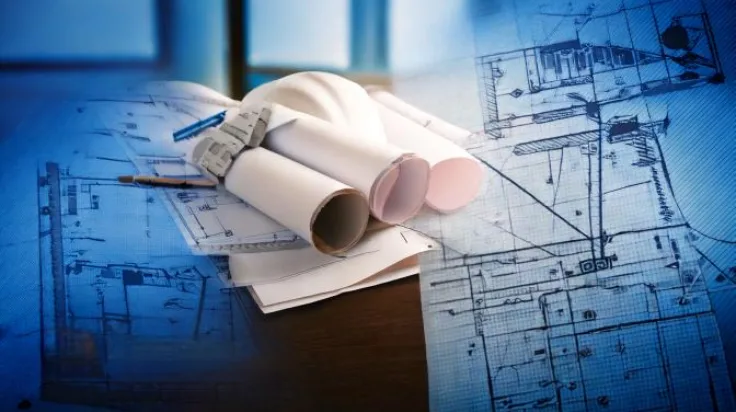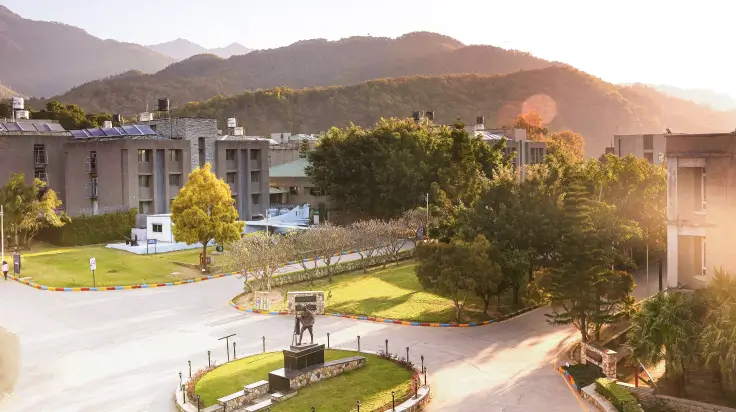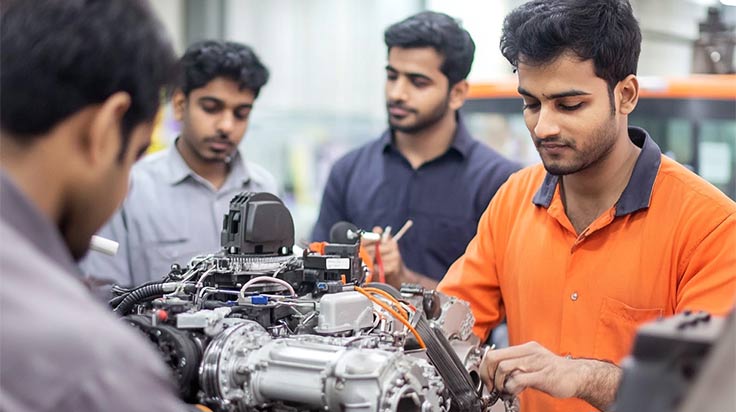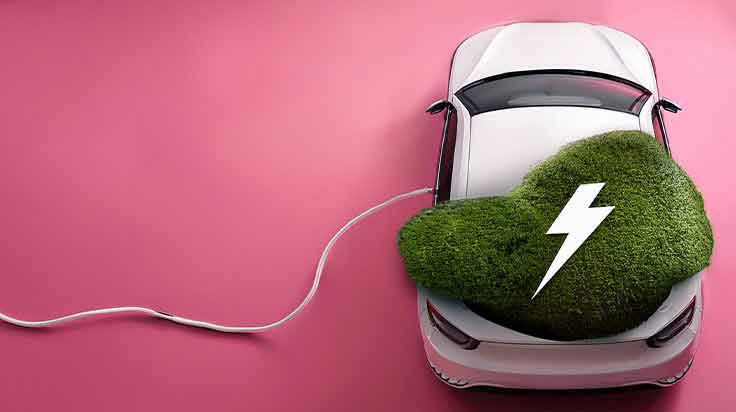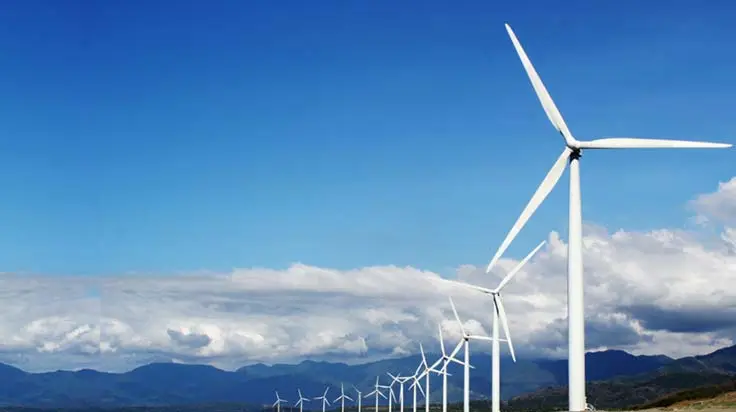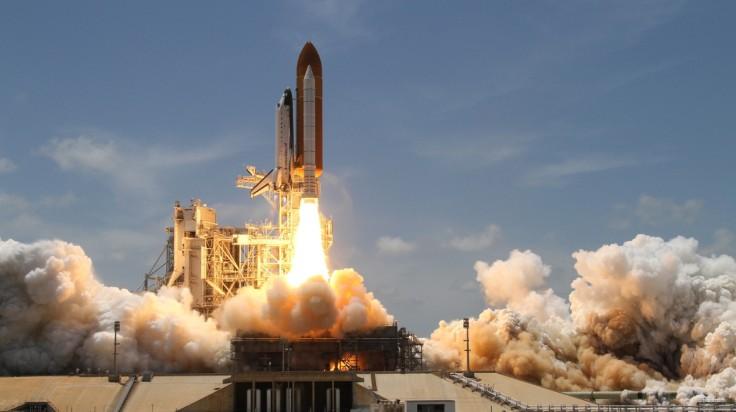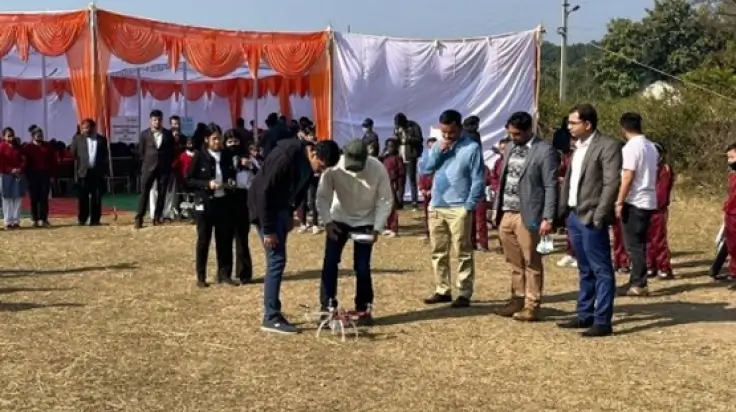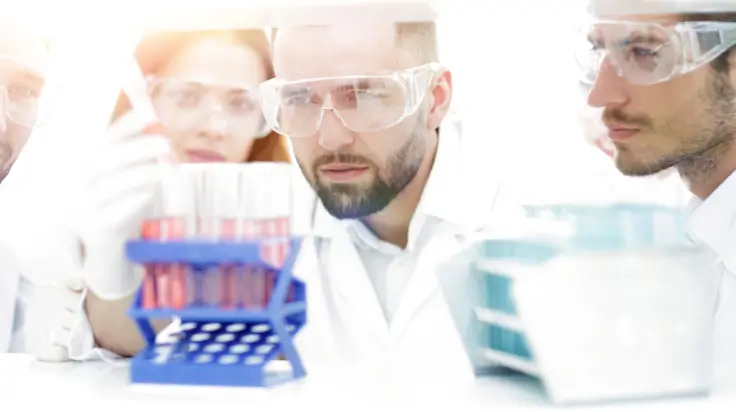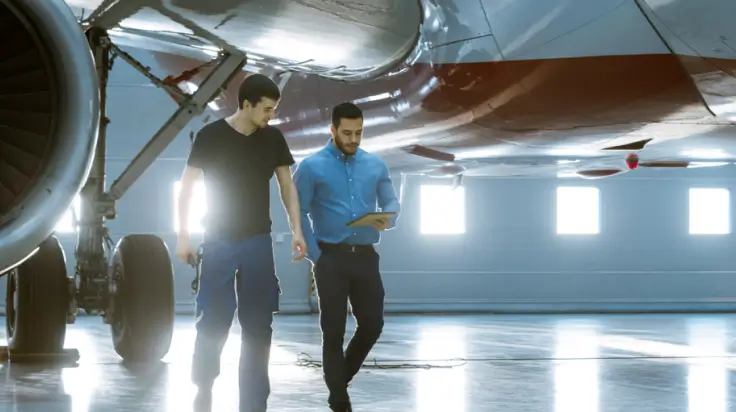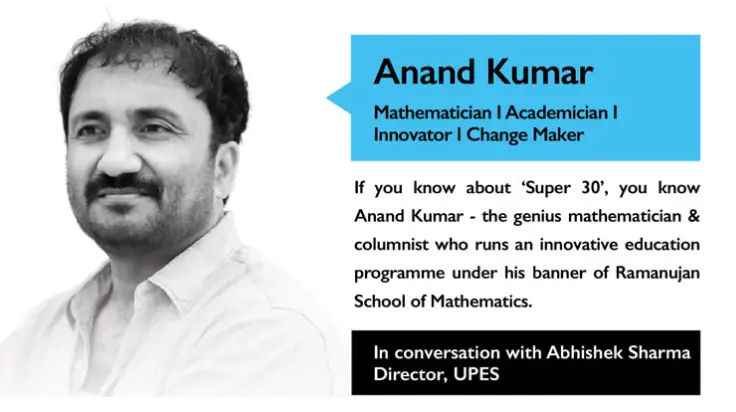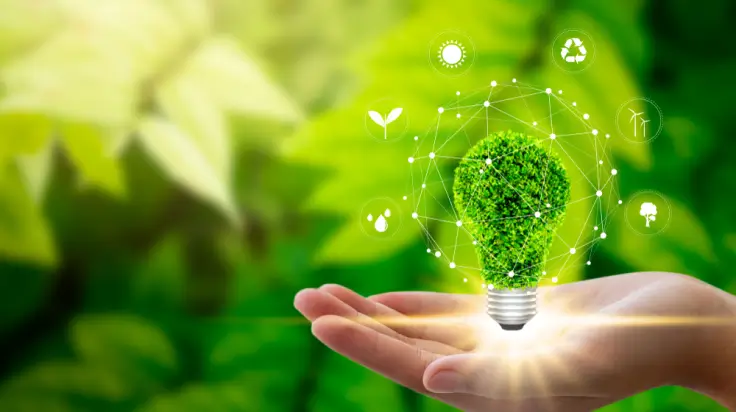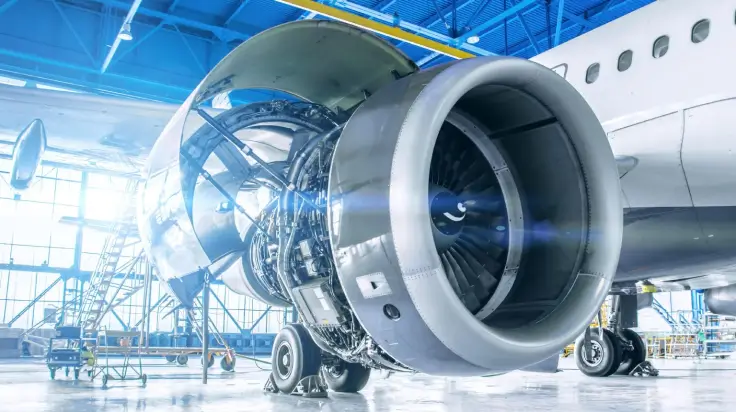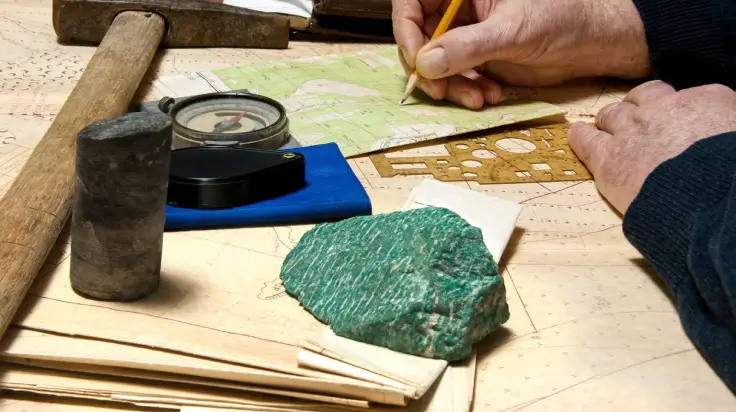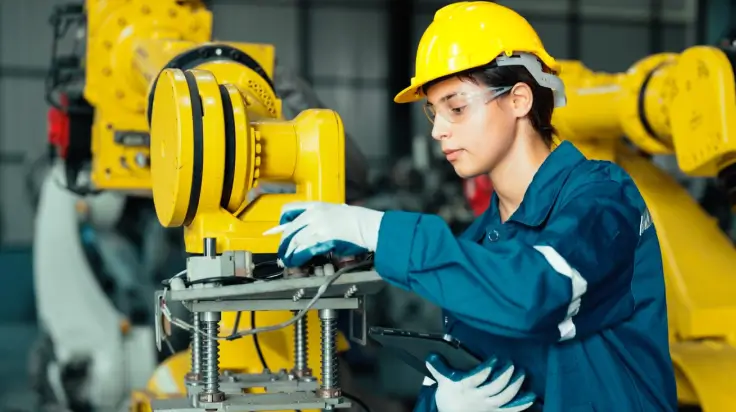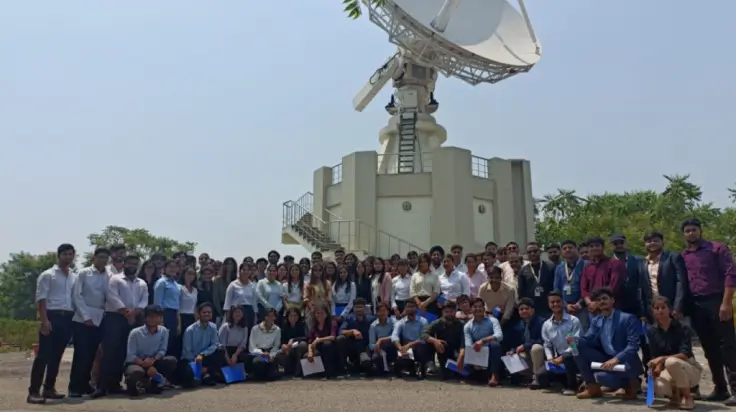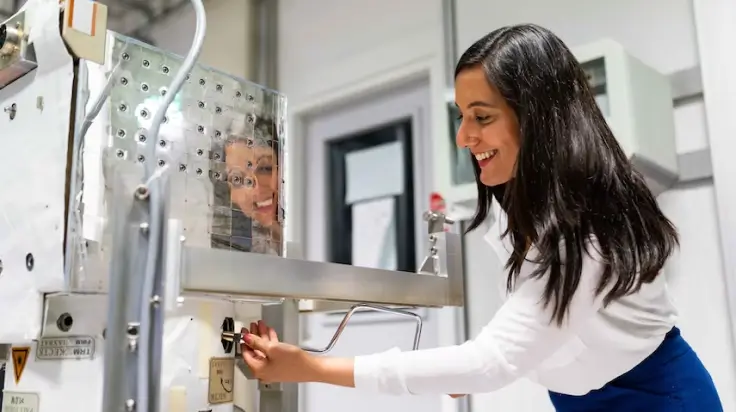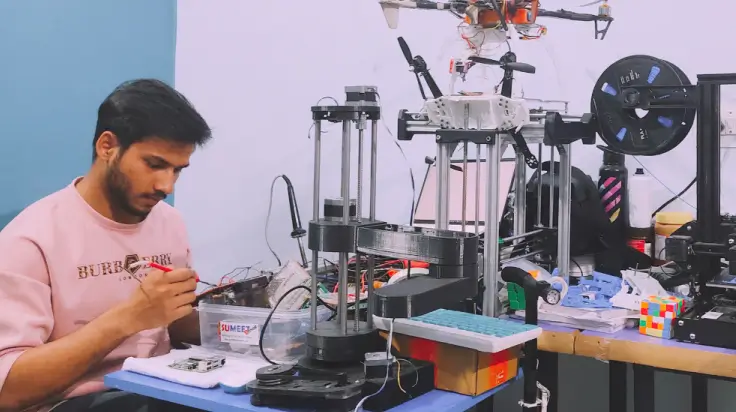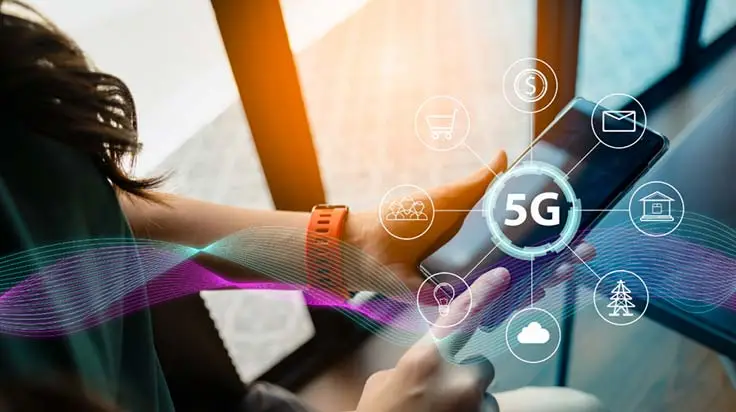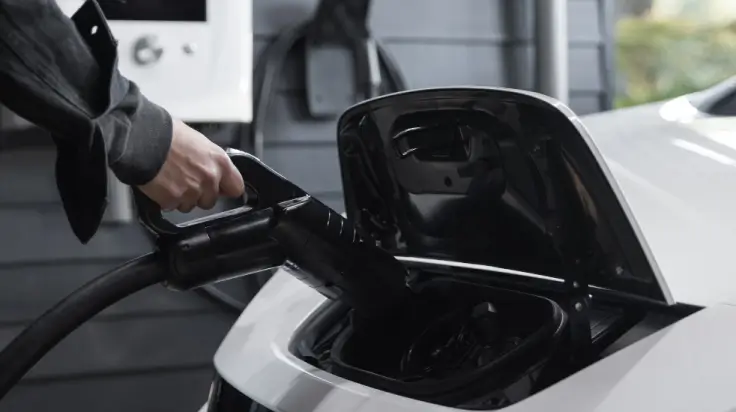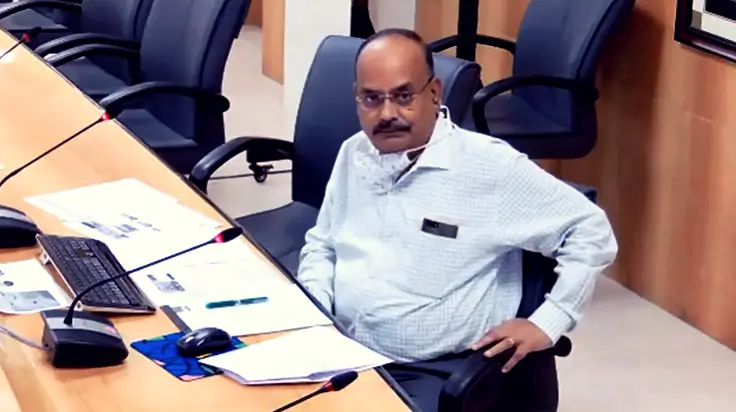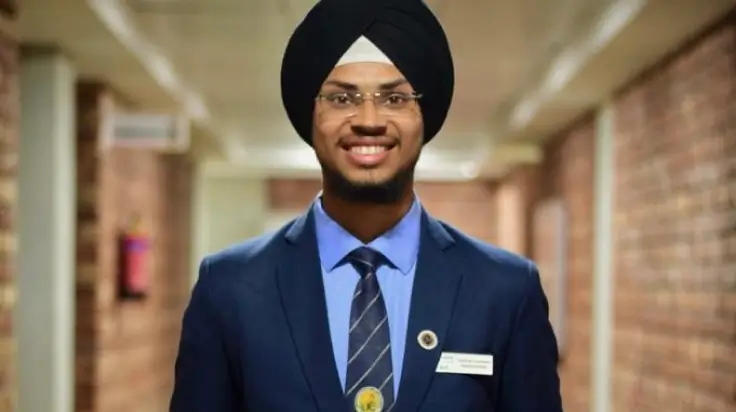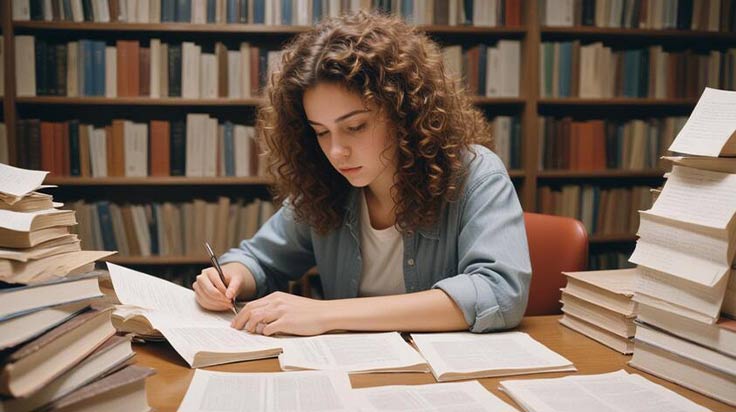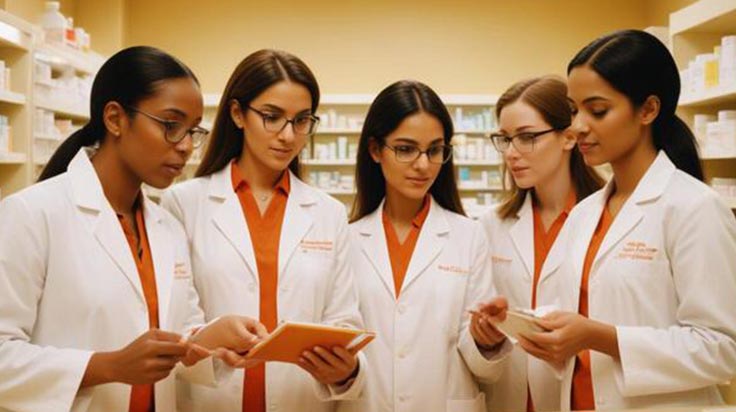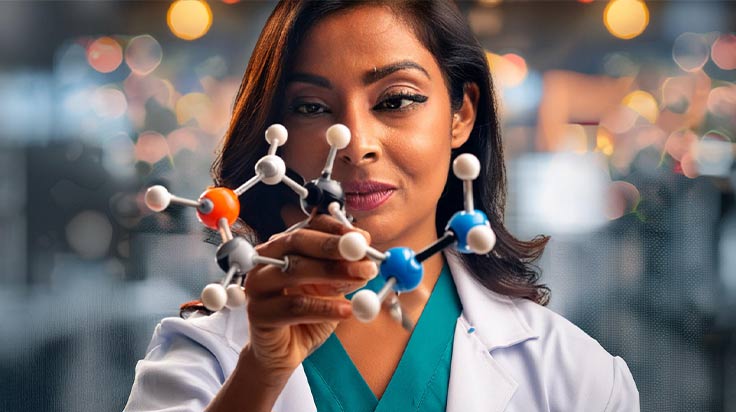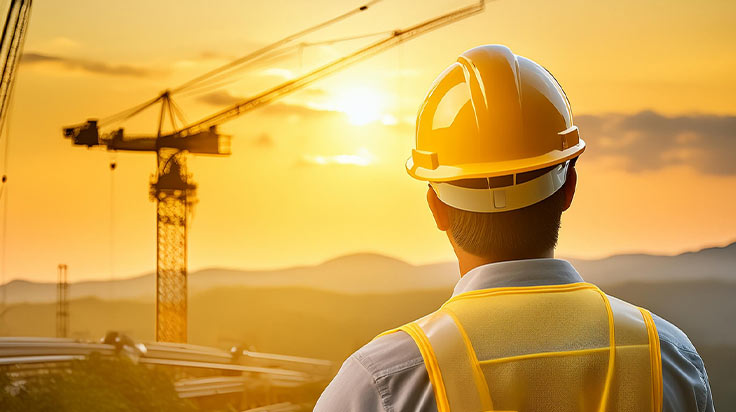
Inspired by Prime Minister Narendra Modi’s Swachh Bharat Mission, Dr. Bhawna Lamba and her team of researchers are working for a spotless, sparkling India, through their novel integrated wastewater plant that uses microalgae to purify sewage water
In an uncharacteristically quiet corner, away from the hustle and bustle of the UPES campus in Dehradun, lies the recycle-green and grey structure of the integrated wastewater reclamation plant, a pilot scale project where Dr Bhawna Lamba and her team of researchers scurry about conducting experiments, surrounded by vials and flasks full of powders, chemicals, and oils.
The wastewater plant is part of ₹ 73 lakh project to treat sewage water using microalgae, and leaving behind zero waste, with its byproducts, such as bio-oil, bio-gas and bio-manure, being used for one purpose or another.
The site – the first of its kind in India – consists of a lab, an open racetrack-maze pond, a Continuous Stirrer Tank Reactor (CSTR), and a Hydrothermal Liquefaction Reactor. The project is sponsored by the Department of Science and Technology (DST) and is a collaborative effort between UPES and Vikalp Nai Dishayen.
Dr Bhawna, who has been with UPES since 2004, says that she was inspired to launch this project due to the Swachh Bharat campaign initiated by Prime Minister Narendra Modi. Her background in Polymer Technology and increasing concern over the difficult wastewater problem in communities across India only strengthened her resolve to do something about it.
The plant is currently at a Technology Readiness Level (TRL) of 7, which means that it is a fully functional prototype of demonstrable readiness.
The 20,000 ltr open pond draws in sewage water from a nearby canal and subjects it to algal purification treatment for about 7 days.

“This is a sustainable approach for the removal of toxic contaminants from sewage water. By growing microalgae in the open pond, we minimize the usage of fresh water and external nutrients required for algal growth,” explains Dr. Bhawna, Professor of Applied Sciences at the UPES School of Advanced Engineering.
“This treated water and algal biomass are utilized for the production of bio-oil in the Hydrothermal Reactor,” she adds.
The remaining sludge, along with other biodegradable household waste and the algal-treated water, is fed into a Continuous Stirred Tank Reactor (CSTR) which yields biogas and bio-manure.
Bio-oil can replace diesel in the near future, says Dr. Bhawna, while biogas and bio-manure can be used for a variety of purposes, thus making this a zero-waste and cost-effective project.
“Bio-oil can solve the problem of decomposition of plastic. Plastic-to-oil is another area I am keenly interested in,” Dr. Bhawna explains. The 43-year-old has converted pandemic-era PPE kits into bio-oil through the means of pyrolysis.
The researcher is thankful to UPES for offering her “full support” for her campaign.
“That is why I have been at UPES for so long. I have finished 6-7 projects here,” she adds.
Diana George
The writer is a part of the UPES editorial team
Tags
- School of Advanced Engineering
UPES Admission Enquiry
Trending Post
Related Articles
Subscribe to UPES Blogs
Join our community for exclusive stories, insights, and updates
By clicking the "Subscribe" button, I agree and accept the privacy policy of UPES.











